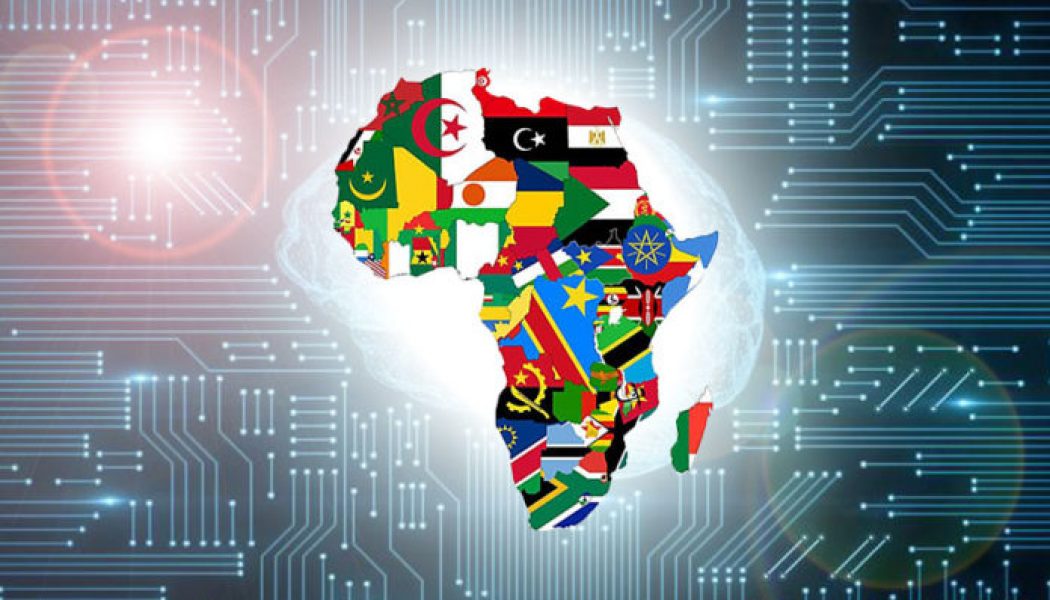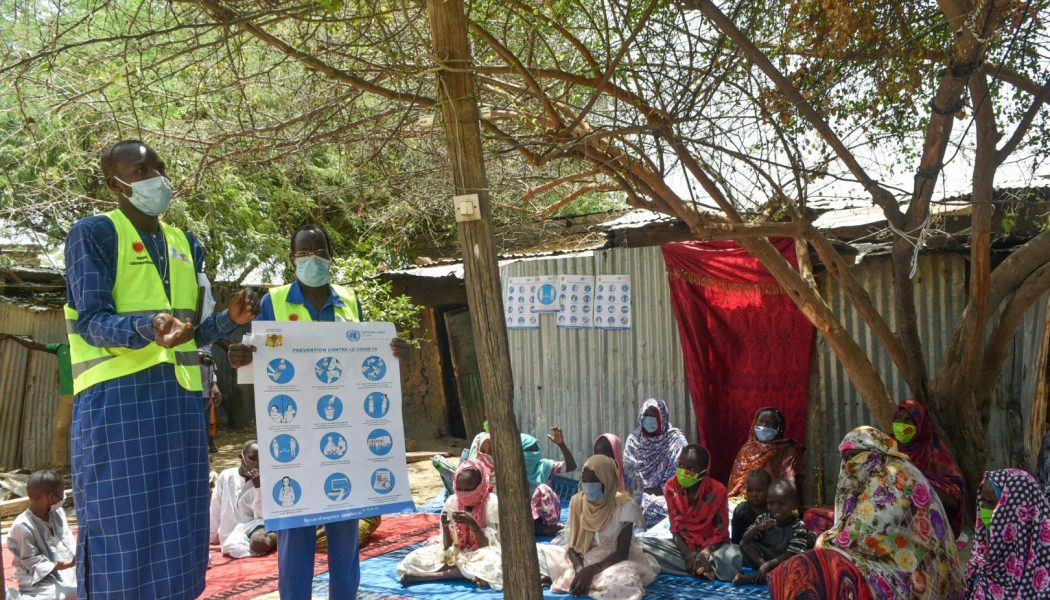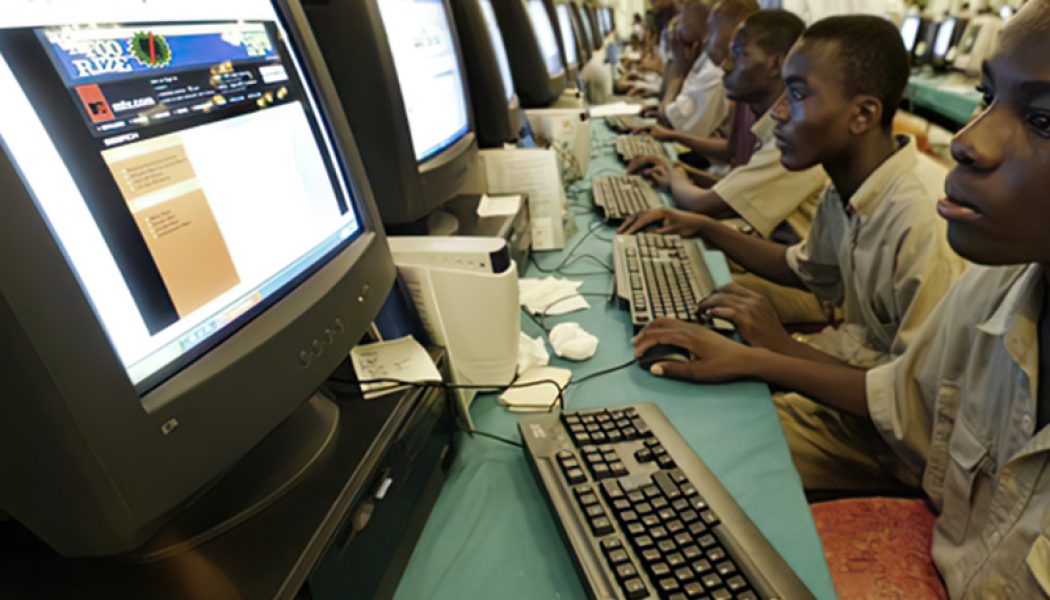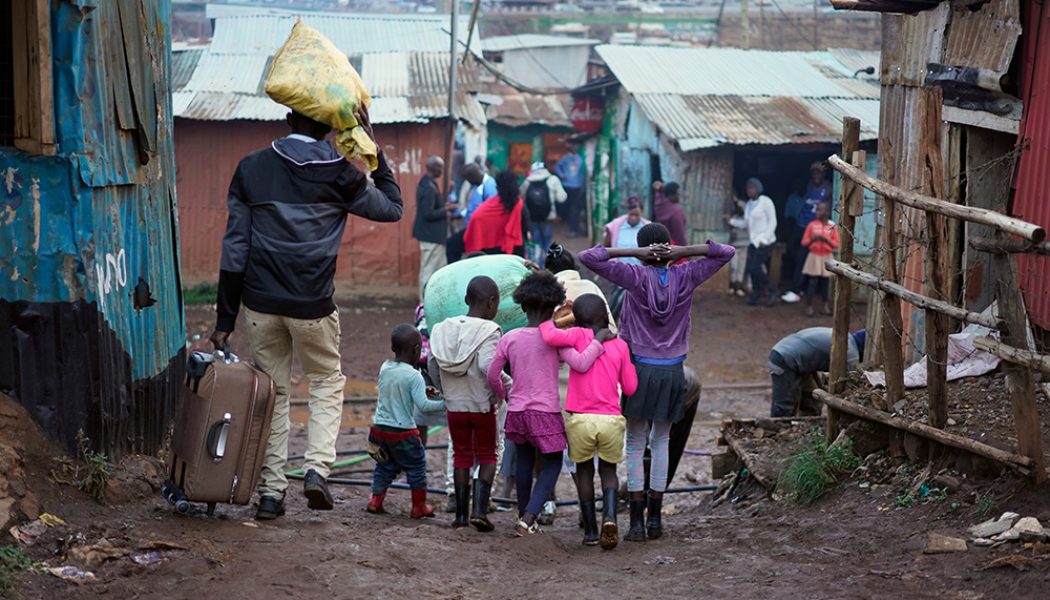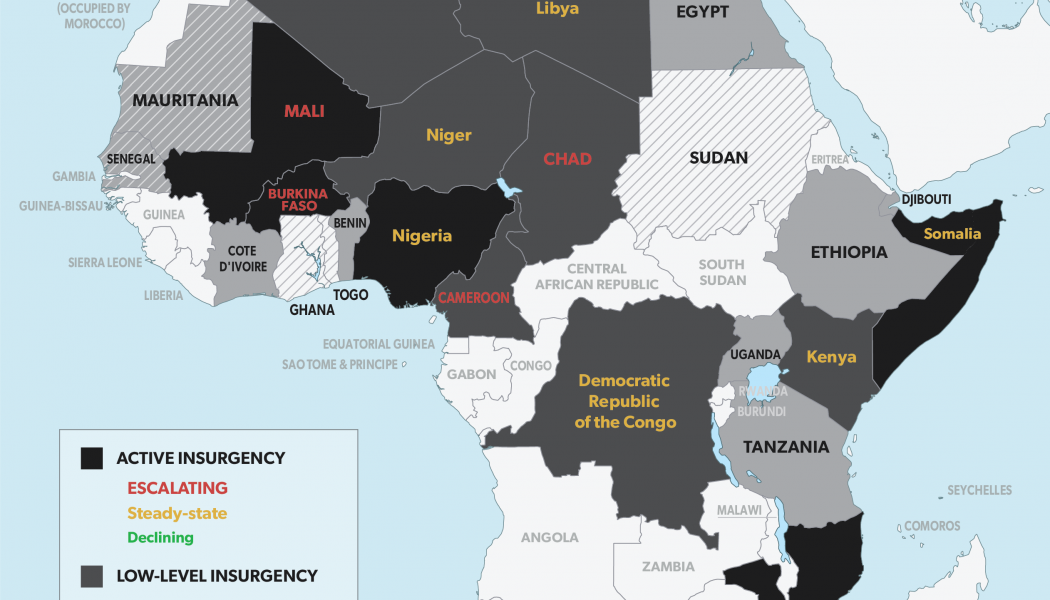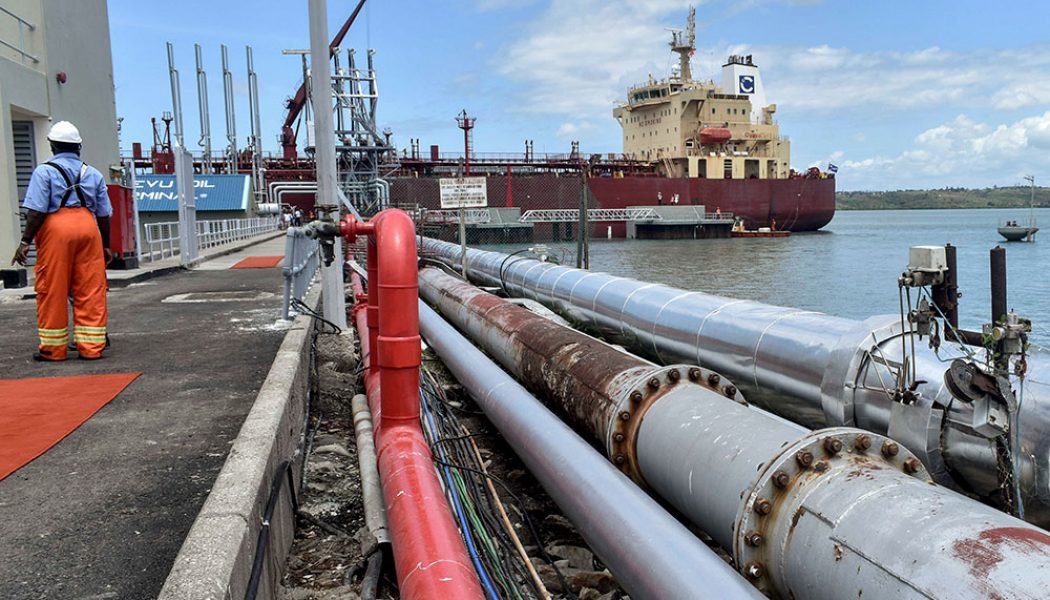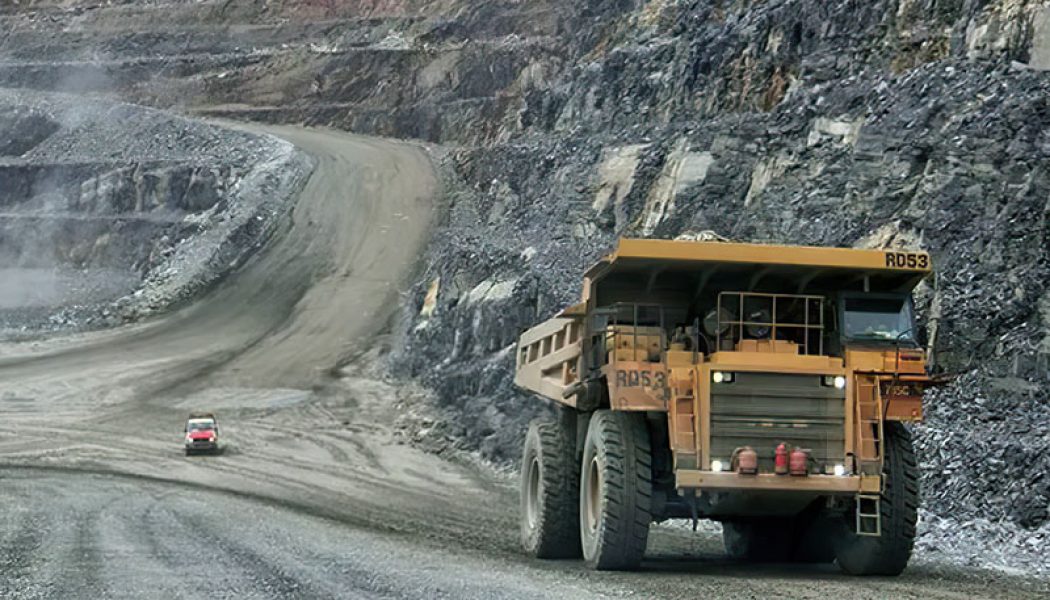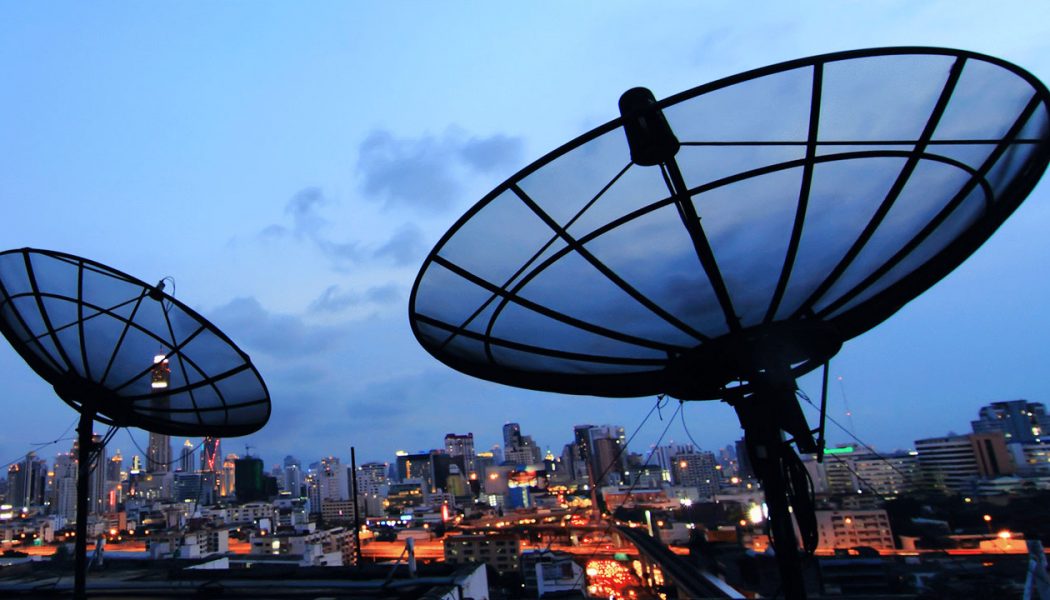Coronavirus Africa
The Difficulties of Reaching Communities in Chad with COVID-19 Safety Messages
Sourced from RFI. The health authorities in Chad are focusing on communities to build confidence so that citizens trust the right information and avoid risky behaviour. Communal living, not uncommon in many of N’Djamena’s neighbourhoods, the Chadian capital, is a source of fear among residents as COVID-19 persists. When the pandemic reached Chad, health authorities rolled out a raft of response measures, including door-to-door visits by community health educators to relay messages on safety. While face-to-face meetings are time-consuming, the sessions are more personal, often carried out by someone from the same community who speaks the same language and has the appropriate cultural understanding. Unlike broadcast messages, people can ask questions and seek clarifications in door-to-door c...
Why Africa Urgently Needs Affordable Broadband Internet, Especially Now
Sourced from Getty Images. The director of Technology, Climate Change and Natural Resources Management at the Economic Commission for Africa (ECA), Jean-Paul Adam, told journalists during a virtual press briefing on 10 June 2020 that Africa contributes less than 1% to the world’s digital economy, which accounts for about 15% of global GDP. He says the continent needs about $100 billion to achieve universal, affordable and good quality internet access by 2030 (according to the World Bank). Presently, only 17.8% of households in Africa have the internet at home and the continent accounts for only 21% of worldwide internet users. It is estimated that over a quarter of a billion school children in Africa have been affected by COVID-19 and most of them lack the digital tools to continue their e...
How to Fight COVID-19 in Africa’s Informal Settlements
Sourced from eNCA. The COVID-19 pandemic has cost hundreds of thousands of lives in the world’s richest cities but poses an even greater threat to cities in the developing world. There are now more than 150,000 confirmed cases of coronavirus across Africa, in all 54 countries, with South Africa and Egypt the worst affected. One of the most pressing concerns for Africa is that over half the population (excluding in North Africa) live in overcrowded informal settlements. In these areas where several people have to share one badly ventilated room, diseases such as COVID-19 spread fast and it is impossible to practice physical distancing whether in homes or outside. Other preventative measures are equally challenging. Only a third of households in Africa have access to basic handwashing facili...
African Union Forms Partnership to Accelerate COVID-19 Testing on the Continent
The Commissioner for Social Affairs, Amira Elfadil Mohammed, today rolled out the Partnership to Accelerate COVID-19 Testing (PACT) at the African Union Commission headquarters in Addis Ababa, Ethiopia. In his message to participants in the rollout event, the Chairperson of the African Union Commission, Moussa Faki Mahamat, says that “We have set four goals for PACT: to scale-up testing for COVID-19, to continue training healthcare workers on the continent, to establish a platform for pooled procurement at Africa CDC, and to deploy one million community workers who will help trace contacts of confirmed cases. PACT is a vital component of the continental response to COVID-19 and it is the key to ensuring that we unlock our economies in a safe manner.” Anchored on the African Union Joint Con...
Energy Leaders Give Insight on the Future of Kenya’s Oil and Gas Transition
Sourced from Construction Review Online. Kenya’s oil and gas industry is in a state of transition, as its major oil and gas development — Blocks 10BB and 13T in Turkana — has been put on hold, with Tullow Oil submitting a notice of force majeure to the Kenyan Ministry of Petroleum and Mining, citing complications from COVID-19. Meanwhile, Uganda’s Lake Albert Project is moving ahead, with Total announcing plans to acquire Tullow Oil’s stake in the project. The massive development in Uganda, which is set to include a pipeline and refinery, could easily have an impact on regional oil and gas developments and opportunities. In a webinar, Kenyan energy industry leaders shared strategies and thoughts on how Kenya’s oil and gas sector can deal with the implications caused by COVID-19. According ...
How Telecoms Can Rebuild Nigeria in the Wake of COVID-19
Sourced from the Guardian Nigeria. The COVID-19 worldwide pandemic has had and could continue to have long-lasting devastating effects on all social and economic sectors. For Nigeria, the pandemic can be seen as an eye-opener and a rude awakening to a new normal-knowledge economy. Apart from certain ingenious initiatives in Lagos and a few other states, Nigeria’s overall response to the pandemic has been less than satisfactory, writes The Guardian Nigeria. New, upcoming phases of recovery and thriving will be defining for the country. Now, in this crisis, it has become clear that telecommunications are playing a large role in retaining any semblance of normalcy in the country. In the recovery stage, telecoms could continue to help manage the transition out of COVID-19 related stagnation as...
Platform Simplifies Access to COVID-19 Interventions in Nigeria
Sourced from Mail & Guardian. Beating Corona Nigeria, the country’s leading virtual intervention database has restructured its model to help disadvantaged Nigerians in need of interventions connect with the relevant non-profits. The platform itself kicked off last month, 9 April, and has recorded a massive amount of data. It continues to actively connect interveners to the people who need access to interventions. After recommendations to resolve the platform’s challenges with making interventions accessible, the database was pivoted towards a new model. With this pivot, the intervention database properly complements the core of the platform’s mission. Some of the major updates on the platform now allows for a search bar that can enable interventions to be easily found, a breakdown of a...
A Future Reimagined for Africa Post-Pandemic
Sourced from Redbubble and iStock. In a rare television broadcast Angela Merkel, the German chancellor, described the COVID-19 pandemic as “Germany’s biggest challenge since the Second World War”. It has indeed proved to be a crisis of global proportion with material implications for the economies and livelihoods of all. Governments across the globe have locked down cities, towns, villages and townships to curb the spread of the virus. Massive fiscal stimuli have been enacted to cushion the economic and humanitarian impact of the pandemic. The World Bank and International Monetary Fund have set aside a large quantum of emergency financial support for countries to tap into. African countries have implemented strong containment measures to avoid further spread of COVID-19. For countries in W...
